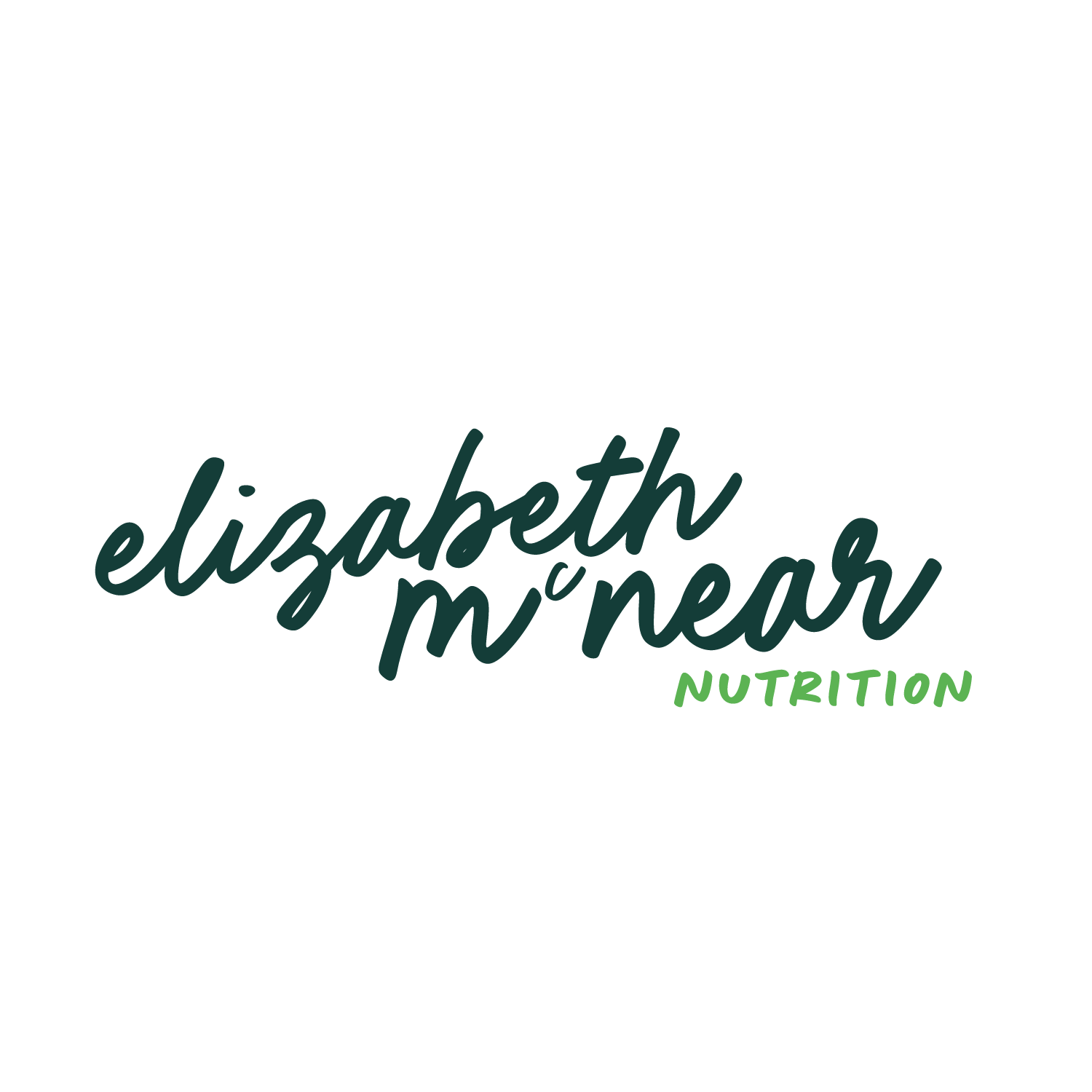Are You Getting Enough Protein? The Answer Might Surprise You…
Walk into any grocery store, and you'll see it: protein-packed cereal, high-protein ice cream, protein chips, and even protein-infused water. Protein is officially having its moment in the spotlight, and for good reason! It's a superstar macronutrient that helps build muscle, keeps you feeling full, and is essential for countless bodily functions. But with all the hype, it's easy to get confused. How much do you actually need, and is it possible to have too much of a good thing? Let's dive in!
Why All the Hype?
The "protein-forward" trend is bigger than ever, and it's not just a fad. There are three key reasons why everyone from elite athletes to your grandma is talking about protein, and they all circle back to feeling and living better.
1. For Weight Management: It's Your Secret Weapon Against Cravings
If you've ever felt that post-lunch slump that leads you straight to the snack cupboard, protein is your new best friend. Protein is known for its ability to increase satiety, which is just a fancy way of saying it keeps you feeling full and satisfied for longer. By including protein in your meals, you're less likely to overeat or give in to cravings later, making it a powerful ally in managing your weight. Plus, your body burns more calories digesting protein compared to carbs or fat, which gives your metabolism a tiny little boost.
2. For Muscle Mass: Building, Repairing, and Getting Strong
This is the reason protein first became a household name. Protein is literally the building block of your muscles. After a workout, your muscle fibers have tiny tears, and protein swoops in to repair them, making them stronger than before. This isn't just about getting bigger; it's about maintaining strength, improving your physique, and ensuring your body can handle whatever you throw at it. Whether you're lifting weights, going for a run, or just chasing after your kids, protein is essential for recovery and growth.
3. For Longevity: The Key to a Stronger, Healthier Future
This is the big one that's driving a lot of the current buzz. As we get older, our bodies naturally begin to lose muscle mass in a process called sarcopenia. This loss of strength can impact everything from mobility to balance and overall quality of life. By focusing on adequate protein intake throughout your life, you're helping your body fight back against this decline, preserving your muscle and strength for years to come. Think of it as an investment in a longer, more active, and healthier future.
How Much Do Active Individuals Need?
The standard recommendation for protein intake is often cited as 0.8 grams per kilogram of body weight. However, for those who are physically active, that number goes up significantly. The general consensus for active adults is about 1.2 to 2.0 grams of protein per kilogram of body weight.
For a 180-pound person, that's roughly 98 to 163 grams of protein a day. Remember, this is a general guideline, and your specific needs can vary based on your activity level, age, and health goals. A registered dietitian can help you find the perfect number for you!
The Drawback of Protein Overload
While protein is fantastic, it's not a free-for-all. Consuming way too much protein can have some downsides. Focusing too much on protein might mean you're neglecting other vital nutrients. A diet that's heavy on meat, dairy, and supplements might be low in important fiber, vitamins, and minerals that you'd get from whole grains, fruits, and vegetables. A balanced approach is key!
It is also important to remember that not all proteins are created equal. Many protein foods these days are loaded with inflammation causing fats, high amounts of sugar, and sugar alcohols. Make sure you are selecting lean sources of protein when you pick out meats. Eating protein sources like bacon, high fat cuts of steak, and fried chicken will all contribute to a high intake of inflammatory fats. Just because something is marketed as a protein cookie, doesn’t mean it isn’t still a cookie at the end of the day. These food items can add up in calories and simple sugars quickly. If you are paying attention and choosing protein bars that are low sugar or no sugar, that is great in terms of simple sugars. It might not be so great in terms of sugar alcohols. High amounts of sugar alcohols can contribute to GI distress and diarrhea.
Protein is a powerful part of a healthy diet, especially for active individuals. But like any good thing, balance is essential. Aim for a sensible protein intake, stay hydrated, and don't forget to fill your plate with a variety of other nutrient-dense foods to get the most out of your diet!
xoxo,
Elizabeth
P.S. If you are ready to start dominating your health goals, go here to set up your free discovery call and book a package.


